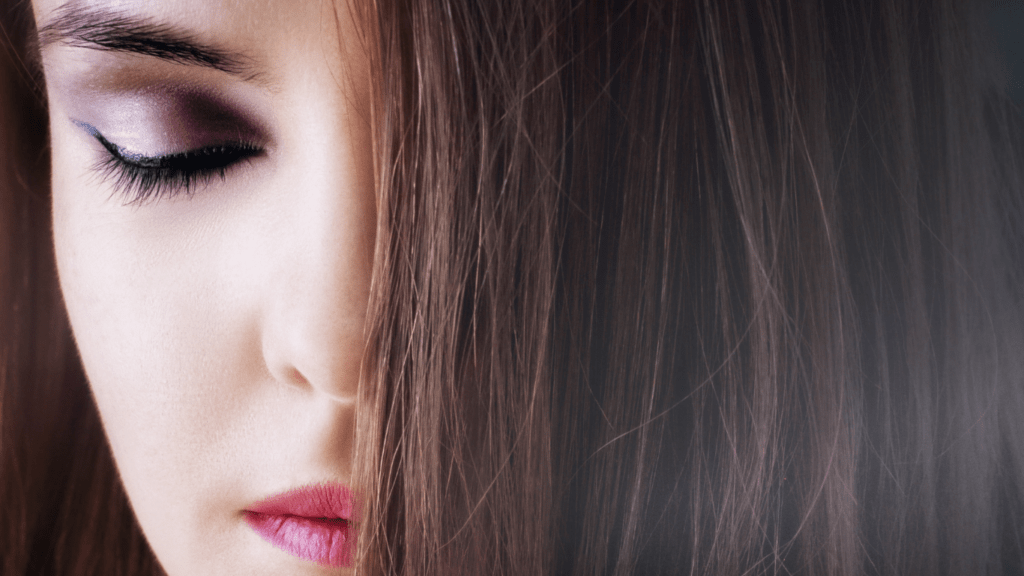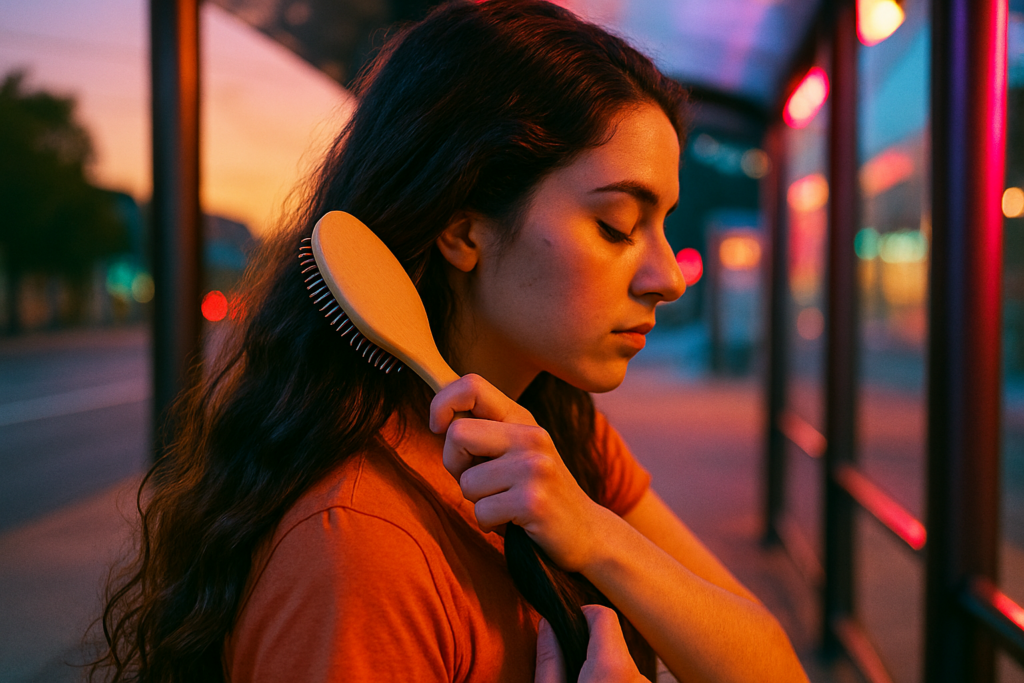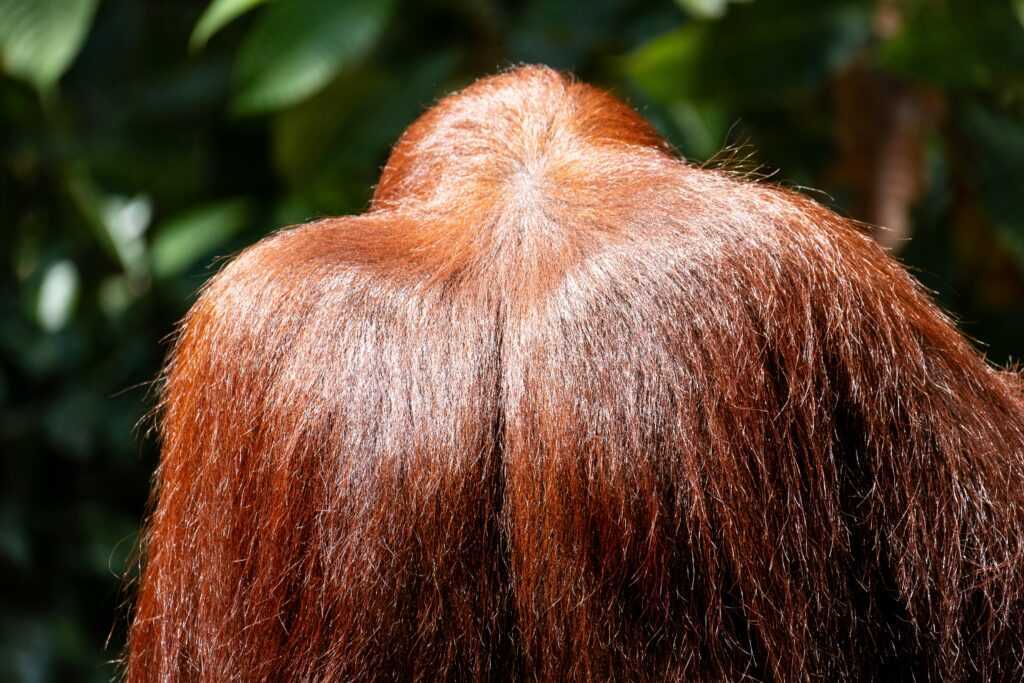The Connection Between Diet And Hair Health
Diet profoundly influences hair health, affecting its growth, strength, and appearance. Hair’s structure and resilience depend on nutrients absorbed from the food ingested. Here are key elements in diet connected to hair health:
- Proteins
Hair primarily consists of a protein called keratin. Consuming sufficient protein, such as lean meats, eggs, and legumes, supports hair structure. Lack of protein leads to weak, brittle hair and slower growth.
- Vitamin A: Essential for cell growth. Available in carrots, sweet potatoes, and spinach. Deficiency causes dry, lifeless hair.
- Vitamin C: Aids in collagen production for hair strength. Found in citrus fruits, strawberries, and bell peppers. Deficiency results in hair breakage.
- Vitamin E: Protects hair from oxidative stress. Can be sourced from nuts, seeds, and green leafy vegetables. Deficiency may lead to hair loss.
Minerals
- Iron: Facilitates red blood cell production, carrying oxygen to hair follicles. Present in red meat, lentils, and spinach. Low iron levels lead to hair thinning or shedding.
- Zinc: Needed for tissue growth and repair. Found in seafood, nuts, and beans. Zinc deficiency contributes to hair loss and scalp issues.
- Fatty Acids
Omega-3 fatty acids hydrate the scalp and hair, adding shine and elasticity. Sources include fatty fish, flaxseeds, and walnuts. Insufficient intake may cause dry, dull hair. - Water
Adequate hydration ensures healthy hair growth. Dehydration affects scalp and hair negatively, leading to dryness and brittleness.
Integrating these nutrients and maintaining a balanced diet can significantly improve hair health. Prioritize nutrient-rich foods to promote optimal hair growth and strength.
Essential Nutrients For Healthy Hair

Diet directly influences hair health, with specific nutrients playing key roles. Understanding these nutrients helps maintain strong, shiny hair.
Protein
Protein maintains hair structure. Keratin, a hair protein, relies on dietary protein sources like lean meats, fish, beans, and dairy. A protein deficiency can lead to brittle hair and hair loss.
Vitamins
Vitamins enhance hair strength and growth. Vitamin A supports sebum production, Vitamin C aids collagen formation, and Vitamin E protects against oxidative stress. Good sources include carrots, citrus fruits, nuts, and leafy greens.
Minerals
Minerals prevent hair issues and promote robust growth. Iron facilitates oxygen flow to hair follicles, while zinc supports tissue growth and repair. Consuming foods like red meat, spinach, and pumpkin seeds ensures adequate mineral intake.
Foods To Include In Your Diet
A nutrient-rich diet significantly impacts hair health. Consuming the right foods ensures your hair remains strong, shiny, and vibrant.
Fruits And Vegetables
Fruits and vegetables are vital for hair health. They provide essential vitamins and antioxidants needed for hair growth and strength. Carrots, rich in vitamin A, support scalp health, while spinach offers iron and vitamin C, preventing breakage. Citrus fruits like oranges supply vitamin C, boosting collagen production, which strengthens hair.
Lean Proteins
Hair needs protein to maintain its structure. Lean protein sources like fish, chicken, and beans offer high protein content and essential nutrients. Fish, particularly salmon, contains Omega-3 fatty acids, which hydrate the scalp, reducing dryness. Chicken provides biotin, a key vitamin for hair health, while beans offer protein and zinc, supporting hair growth.
Healthy Fats
Healthy fats benefit both the hair and scalp. Avocados provide vitamin E, an antioxidant promoting hair growth by repairing damaged hair follicles. Nuts, particularly almonds and walnuts, are rich in Omega-3 fatty acids and biotin, supporting strong, shiny hair. Olive oil, another great source, ensures hair remains hydrated and less prone to damage.
Foods To Avoid For Optimal Hair Health
Diet’s impact on hair health includes avoiding specific foods that can hinder hair’s vibrancy. Below, I focus on the categories of foods to avoid.
Processed Foods
Processed foods, like fast foods and packaged snacks, often lack essential nutrients. These foods, high in unhealthy fats and sodium, can lead to poor scalp health and weakened hair follicles. Consuming processed foods regularly may result in dull, brittle hair. For instance, avoiding chips, instant noodles, and frozen meals can improve hair texture.
Sugary Snacks
Sugary snacks, such as candy bars and pastries, can cause rapid spikes in blood sugar levels. These fluctuations may contribute to hormonal imbalances, impacting hair growth. High sugar intake can also lead to inflammation and increase the risk of scalp infections. Limiting sugary snacks like cookies, cakes, and sodas helps maintain balanced hormone levels and promotes healthy hair growth.
Excessive Alcohol
Excessive alcohol consumption depletes essential vitamins and minerals needed for hair health. Alcohol, a diuretic, leads to dehydration, making hair dry and brittle. Over time, heavy drinking can cause deficiencies in zinc, iron, and B vitamins, which are crucial for strong hair. Reducing alcohol intake aids in preserving these vital nutrients, fostering a healthier hair structure.
How To Create A Balanced Diet For Hair Health
Crafting a well-rounded diet ensures your hair receives essential nutrients to remain healthy and strong.
Meal Planning Tips
Ensure each meal incorporates a variety of nutrient-dense foods.
Focus on including:
- Lean Proteins: Chicken, turkey, tofu, and fish supply amino acids that strengthen hair.
- Healthy Fats: Avocados, nuts, and seeds provide Omega-3 fatty acids that support scalp health.
- Vitamins and Minerals: Leafy greens, carrots, and berries provide vitamins A, C, and E and minerals like iron and zinc.
- Biotin: Supports hair structure by improving keratin.
- Omega-3 Supplements: Bolster hair follicles and prevent inflammation.
- Multivitamins: Ensure consistent vitamin and mineral intake, filling dietary gaps.



 Men’s Hair Care Specialist & Author
Araceline is a unique and valuable contributor, bringing her expert knowledge of men’s hair care and grooming trends. As an experienced author, she shares her deep understanding of hair painting, coloring techniques, and the specific needs of men’s hair. Araceline’s articles are both informative and engaging, offering men practical advice on maintaining stylish, healthy hair.
Men’s Hair Care Specialist & Author
Araceline is a unique and valuable contributor, bringing her expert knowledge of men’s hair care and grooming trends. As an experienced author, she shares her deep understanding of hair painting, coloring techniques, and the specific needs of men’s hair. Araceline’s articles are both informative and engaging, offering men practical advice on maintaining stylish, healthy hair.
